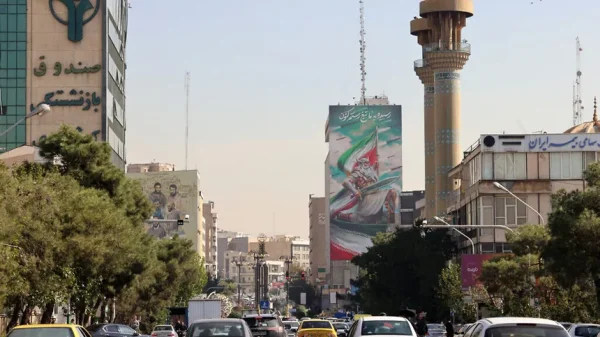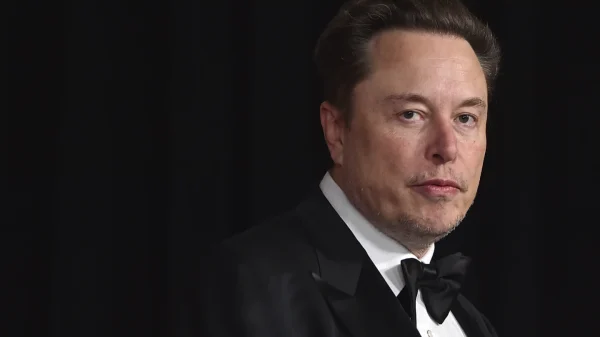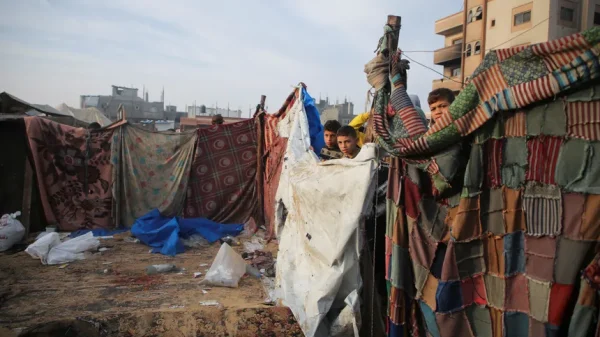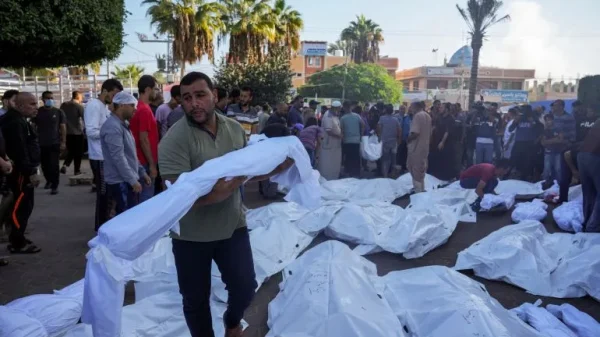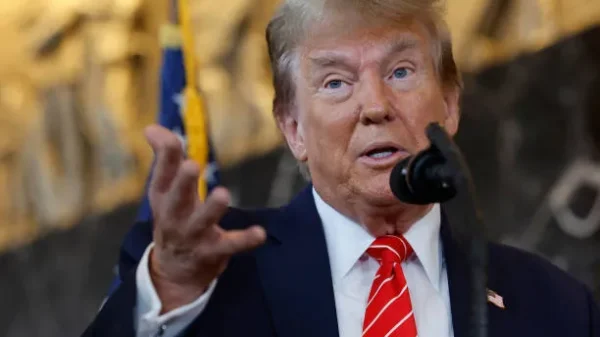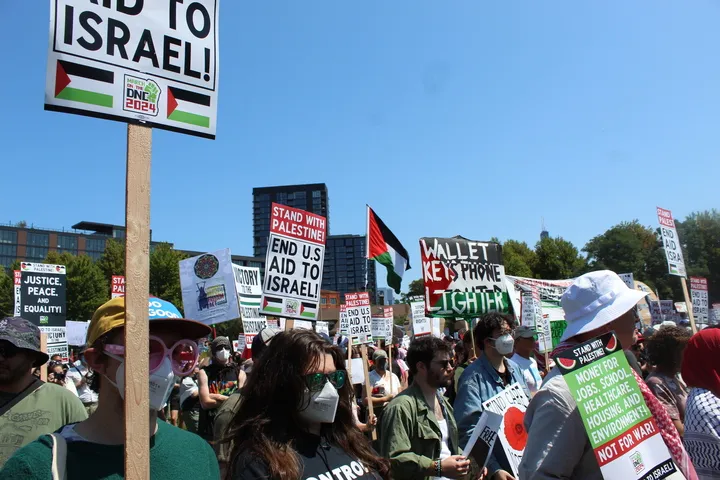As the Democratic National Convention opened in Chicago, thousands of protesters took to the streets to voice their opposition to the war in Gaza. The march, led by the Coalition to March on the DNC, aimed to send a powerful message to the Democratic Party’s top leaders, including Vice Presidential nominee Kamala Harris. Protesters chanted slogans, beating drums and waving Palestinian flags, demanding an end to US aid to Israel and a ceasefire in the conflict.
Hatem Abudayyeh, a spokesman for the coalition, emphasized the need for action, declaring, “We have to play our part in the belly of the beast to stop the genocide, to end U.S. aid to Israel and stand with Palestine.” Medea Benjamin, a key organizer, lamented the recent approval of additional $20 billion in weapons sales to Israel, calling it a stark contrast to the public’s demand for peace.
Protesters from across the country traveled to Chicago, including a women-led group from Washington D.C. The event drew significant attention, with authorities estimating a crowd of over 20,000 people. The heavy police presence, comprising hundreds of officers, ensured a safe and peaceful demonstration.
As the march unfolded, Cornel West, an independent presidential candidate, addressed the crowd, evoking moral and spiritual urgency. “This is not about some Machiavellian politics or some utilitarian calculation about an election. This is about morality. This is about spirituality.” The event also drew a counter-protest by a small group of pro-Israel supporters, who remained largely silent and waved Israeli flags.
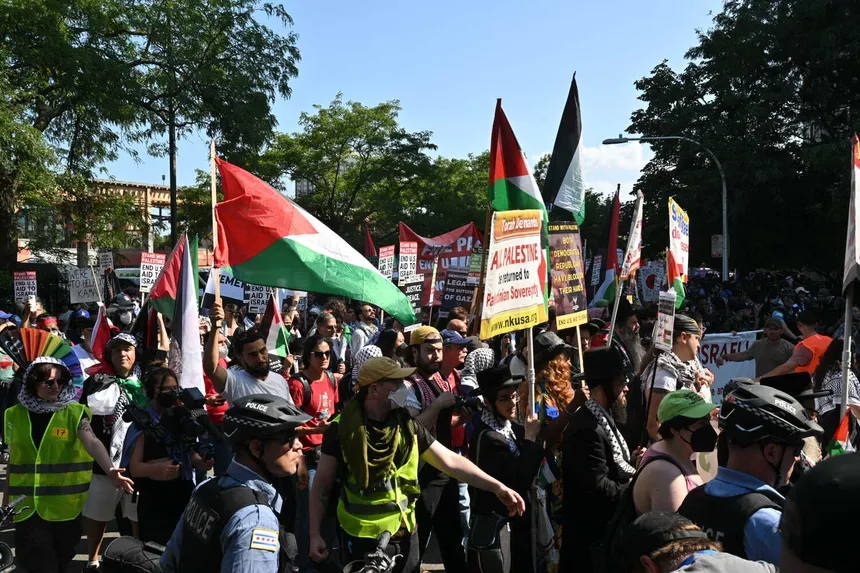
Protesters Rally at Democratic National Convention (Image via Getty)
Despite tensions flaring at times, authorities reported no physical altercations. The city’s mayor, Brandon Johnson, expressed confidence in the police’s ability to maintain order, stating, “The city of Chicago is really good at things like this. We are ready.” The protest’s organizers aimed to build on the momentum from last month’s Republican National Convention in Milwaukee, expecting even larger crowds and more robust demonstrations in Chicago.
As the city prepares for the Democratic National Convention, concerns linger about potential clashes between protesters and law enforcement. Chicago’s history with political conventions dates back to the 1968 convention, where violence erupted between police and anti-Vietnam War protesters. Business owners took precautions by boarding up their windows, while county courts prepared for the possibility of mass arrests. Despite the challenges, protesters remain resolute in their demands for an end to the war in Gaza and a stronger stand against racism, climate change, and inequality.








